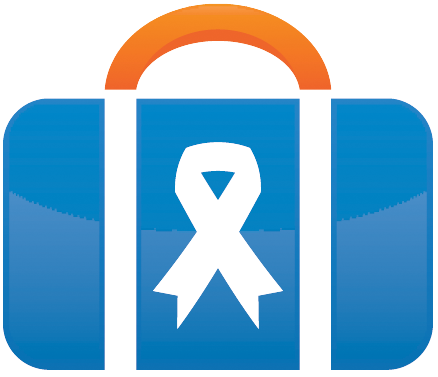We’ll get right to it. Here are answers to the most common questions about charity silent auctions:
Good silent auction items grab bidders’ attention and are hard to value objectively. This increases competitive bidding. Check out our list of 100+ Silent Auction Item Ideas.
Focus on getting good introductions to people with items to donate and cultivate the relationship, versus emailing the same donation request template to a thousand businesses.
A good rule of thumb is to not have more than one item for every two people at your event. But that’s not the whole story.
For TravelPledge items, use the TravelPledge-provided starting bid. For non-TravelPledge donated items, start the bidding at 30% of the fair market value (FMV). For fixed-price consignment items, add 10% to your cost if the item sells.
Bid steps should be 10% of the retail value of your item. You should have 10 to 14 bid steps, with the 1st step being the starting bid and the 14th step being the “Buy-it-now price”. See an example.
Displaying the retail value creates an artificial barrier to bidding so we don’t recommend displaying it prominently. As a courtesy to bidders, you may publish the fair market value in a catalog.
This is called shill bidding and it is illegal. Do not place fake bids.
Cash contributions and donated property are tax deductible. Furnish donors with an acknowledgement letter for their contribution. Donated services or the use of property (such as vacation rental time) are not tax deductible.
Tickets and auction purchases are tax deductible only to the extent that the purchase price exceeds the fair market value of the item purchased. “Priceless” items, like getting a bench named after you, are not tax deductible at any winning bid.
Generally, yes. You will need to collect all applicable sales tax on tickets and auction items. Just because your organization is exempt from paying sales tax, you are not exempt from collecting it.
You need: headline, bulleted summary, longer description, valid dates & restrictions, photo(s), donor recognition, starting bid, item number, event branding, and (optionally) retail value.
You need: headline, bulleted summary, valid dates & restrictions, donor recognition, starting bid, buy-it-now price, space for bidder #, pre-printed bid steps, item number, event branding, and (optionally) retail value.
The short answer is to get the right people in the room and keep the focus on your mission. Check out 10 Tips to Increase Bidding at Your Silent Auction Fundraiser.
To run an online auction, you need to create an online auction website and upload your items. This is very easy to do with online auction software providers, like ClickBid and Event.Gives. You may pay an upfront cost and a fee as a percentage of the funds raised.
The answer is “Yes, but…” It is possible to run a silent auction on Facebook using Buy and Sell groups, though running your charity silent auction on Facebook should really be considered only for very small events.
Mobile bidding can increase bidding by allowing participation from people at your event and people who couldn’t make it. Load your items into your mobile bidding software provider and lay out table flyers at your event with clear item numbers. Bidders visit a link to find the item and place bids, and they are notified when they are outbid.
For in-person silent auctions, strive for your costs to be roughly 25% of the total event revenue. For example, if you forecast to bring in $100,000 in total event proceeds, then you should budget $25,000 to throw your event. For online auctions, budget closer to 10% of total event revenue.
Items that didn’t sell are generally not returned to the donor, unless specifically requested. Returning the item could insult the donor; instead, gift the item to a volunteer or use the item at a future event. For consignment items, follow the consignment company’s instructions for returns.
In some instances, auction income is considered Unrelated Business Income (UBI), meaning it was generated in a manner unrelated to your tax-exempt purposes. There are many conditions that determine UBI, such as how often you throw such a fundraiser. Consult your accountant.




